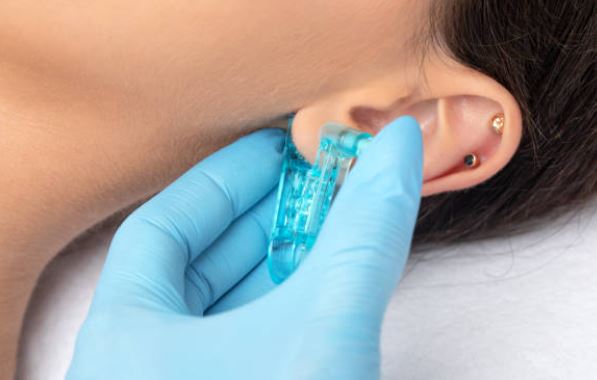
Body piercing has always been a trend among teens and youngsters.
From the general tradition of piercing ears to now piercing of eyebrows, nose and navels having a body piercing is always perceived as a style statement among the youth.
But what youngsters should also keep in mind is that body piercings can lead to serious health complications like skin allergies and hepatitis.
Recently US dermatologists analysed the risk of body piercing. In their report published in the American Journal of Clinical Dermatology, co-author Dr. Jaimee Holbrook offered different ways to ensure body piercing is risk-free.
1. Go to a reputed place: Dr. Jaimee Holbrook mentions in the report that body piercings are safe when you get it done form trained professionals. Qualified professionals are reliable when it comes to understanding the anatomy of the body part that is to be pierced. They are aware about the risk factors, wound healing time and precautions very well. You can also first discuss the risks with your piercer to be fully sure.
2. Ensure safety of tools used: Make sure that your piercer uses appropriate professional tools that are sterilized and disposable. Be aware of safety precautions followed for dealing with wounds or bleeding to control the risk of infections.
3. Mention your medical history: If you have skin allergies, you should inform your piercer about it. You should also mention if you have diabetes or a heart disease.
4. Avoid getting pierced if you’re unwell: According to Dr Holbrooke, a person suffering from an illness (common cold, cough, fever) is at a greater risk of developing an infection because of a weakened immune system. Also with a weak immune system, your wound will take a long time to heal. So, it’s better to recovery fully and then get pierced.

